
 Instagram
Instagram
Related products
10 Benefits of Eating Guava


Related products
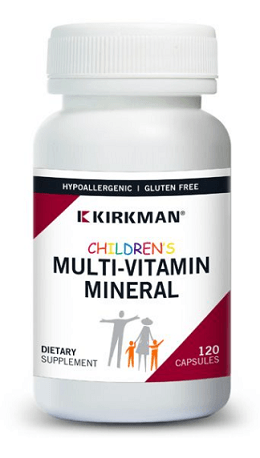
Guava, scientifically known as Psidium guajava, is a tropical fruit native to Mexico, Central America, and northern South America. Though less prominent in mainstream global markets compared to fruits like apples and oranges, guava holds a robust niche due to its distinctive flavour and remarkable health benefits. Its cultivation has spread to tropical and subtropical regions worldwide, making it a staple in local diets and traditional medicine, particularly in Asian and South American countries.
Guavas are particularly noted for their rich content of nutrients. They are an excellent source of dietary fibre, vitamin C, vitamin A, and folic acid. Moreover, they contain potassium, magnesium, and manganese. These nutritional elements make guava a highly beneficial fruit for health maintenance and disease prevention. Historically, various parts of the guava plant, such as the fruit, leaves, and bark, have been utilised in traditional medicine to treat a myriad of health issues ranging from colds to chronic diseases.
What is Nutritional Value of Guava?
When comparing the nutritional profile of guava to that of other fruits, it emerges as a superior choice in several nutrient categories. For instance, a single guava fruit contains nearly four times the vitamin C of an orange, a well-known source of this essential nutrient. This makes guava exceptionally beneficial for enhancing immune function.
In addition to vitamin C, guava is a good source of vitamin A, providing about 12% of the recommended daily intake in a single fruit. This vitamin is crucial for maintaining healthy skin, vision, and immune function. Guavas are also rich in dietary fibres, with about 12 grams per fruit, which aids in digestion and prolonged satiety, useful for weight management.
Furthermore, guava outshines many other fruits in its mineral content, offering significant amounts of potassium and magnesium. Potassium is essential for maintaining cellular function and heart health, while magnesium plays a vital role in muscle relaxation and neurologic function.
Health Benefits of Guava
The health benefits of guava are extensive and varied, making it an exceptional addition to any diet. Rich in essential nutrients, guava enhances immune function, promotes heart health, aids in digestive health, and assists in managing diabetes. Its low calorie count supports weight management, while its high lycopene content may help reduce cancer risk. Additionally, guava is beneficial for skin care, improves vision, reduces stress, and enhances brain health. Each of these benefits underscores guava's role as a powerful, natural health booster.
1. Boosts Immune System
The high vitamin C content in guava is pivotal in boosting the immune system. Vitamin C is a potent antioxidant that helps protect the body against infections and scavenges free radicals, potentially reducing oxidative stress and lowering the probability of chronic diseases. Dr. Harriet Hall, an expert in nutritional sciences, states, "Guava's vitamin C content stimulates the production of white blood cells, which are essential for fighting pathogens, thus enhancing the body's immune response."
2. Improves Heart Health
Guava's benefits extend significantly to heart health, thanks to its high potassium and dietary fibre content. Potassium helps regulate blood pressure by counteracting the effects of sodium in the body and easing tension in the blood vessel walls. This effect is supported by a study from the American Heart Association, which notes that foods high in potassium are linked to lower instances of stroke and hypertension. The fibre in guava also contributes to heart health by lowering bad cholesterol levels, which can block the arteries leading to the heart.
3. Aids Digestive Health
Dietary fibre in guava aids in digestion by adding bulk to the stool and facilitating regular bowel movements, thus preventing constipation. Dr. Linda Morgan, a gastroenterologist, mentions, "The fibre content in guava not only helps in regular digestion but also in maintaining a healthy gut flora, which is crucial for overall health." A single guava provides more than 15% of the recommended daily intake of fibre, making it a highly effective fruit for improving digestive health.
Each of these points illustrates how guava's rich nutritional profile supports various aspects of health, from boosting the immune system to enhancing heart health and aiding in digestive wellness. Including guava in the diet can thus contribute significantly to comprehensive health improvements.
4. Diabetes Management
Guava's utility in diabetes management stems from its low glycemic index (GI), which measures how quickly foods raise blood sugar levels after consumption. With a GI of only 12, guava is one of the fruits least likely to cause rapid spikes in glucose levels, making it a safer choice for diabetics. The dietary fiber in guava also aids in controlling blood sugar levels by slowing the absorption of sugar in the bloodstream, thus preventing sudden spikes. Dr. Emily Foster, a diabetologist, explains, "Regular consumption of low-GI foods like guava can help maintain stable blood glucose levels, a crucial aspect of diabetes management."
5. Weight Loss
Guava is also beneficial for weight loss, owing to its low calorie content and high dietary fiber. A medium-sized guava contains about 37 calories but is very high in nutrients and fiber, making it a filling snack that can satisfy hunger without contributing excess calories. This can help reduce overall calorie intake and promote weight loss. Nutritionist Sarah Thomson states, "Including high-fiber, low-calorie fruits like guava in the diet can help control appetite and reduce snacking, which is vital for weight management."
Learn about the Top 9 Fruits for Weight Loss.
6. Anti-Cancer Properties
Research has highlighted the potential anti-cancer properties of guava, particularly due to its lycopene content, a powerful antioxidant. Lycopene has been studied for its role in reducing the risk of several cancers, including prostate and breast cancer. Guava provides a higher lycopene content than many other fruits and vegetables, making it a valuable part of an anti-cancer diet. According to a study published in the Journal of Food Science, guava’s lycopene is exceptionally bioavailable, enhancing its cancer-fighting capabilities.
7. Skin Care Benefits
The rich variety of vitamins A, B, and C in guava contribute substantially to skin health. Vitamin C, in particular, is vital for the synthesis of collagen, a protein that helps maintain skin elasticity and firmness. Dr. Karen Phillips, a dermatologist, notes, "Vitamin C’s antioxidant properties in guava can protect the skin from environmental stressors like UV rays and pollution." Vitamin A helps to protect and renew the skin, reducing the appearance of fine lines, while the B vitamins improve skin hydration.
8. Improves Vision
The vitamin A found in guava is crucial for maintaining healthy vision. It helps protect against night blindness and age-related macular degeneration. Consuming guava can contribute to the overall health of the retina and cornea. Ophthalmologist Dr. Lisa Hayes advises, "Regular intake of vitamin A-rich foods like guava can be a cornerstone in preventing the deterioration of sight, often seen in older adults."
9. Reduces Stress
Magnesium in guava plays a role in relaxing the body’s muscles and nerves, which can help in reducing stress and promoting a sense of calm. Low magnesium levels have been linked with higher stress and anxiety levels. Integrating guava into the diet can assist in maintaining adequate magnesium levels, essential for optimal neurological health.
10. Enhances Brain Health
Guava is a good source of vitamins B3 and B6, which are crucial for brain health. Vitamin B3, or niacin, improves brain function and cognitive health, while vitamin B6 is involved in neurotransmitter synthesis, which can influence mood and sleep patterns. "B vitamins in guava support mental clarity and can reduce fatigue," adds neurologist Dr. Simon Clarke.
Practical Tips for Adding Guava into Your Diet
Incorporating guava into your diet can be both simple and delicious. Start by adding guava to your morning smoothie or oatmeal for a nutritious boost. For lunch or dinner, incorporate guava into salads or salsas to give meals a tropical flavour. Guava can also be used in desserts, like compotes or tarts, where its natural sweetness enhances the dish without adding refined sugars.
Recipes and Preparation Ideas:
- Guava Smoothie: Blend guava, yogurt, and a touch of honey.
- Guava Salad: Mix sliced guava, spinach, feta, and balsamic vinaigrette.
- Guava Compote: Cook guava pieces with a little sugar and lemon juice, perfect as a topping for ice cream or yogurt.

People Also Ask
What does guava taste like?
Guava has a unique taste that is often described as a cross between a pear and a strawberry. It is distinctly sweet with a slight tartness, and some varieties may have a more pronounced sour note. The texture of the fruit is also notable, with a soft flesh that can range from slightly granular to creamy, depending on the ripeness and variety of the guava.
Can you eat guava raw?
Yes, guava can be eaten raw and is often consumed this way to enjoy its full nutritional benefits. The entire fruit, including the rind and seeds, is edible, although some people prefer to scoop out the seeds. The rind, which is rich in nutrients, has a slightly bitter taste that contrasts with the sweeter flesh.
Is it OK to eat guava everyday?
Eating guava every day is generally considered safe and beneficial for most people, as it is rich in vitamins, minerals, and antioxidants. Regular consumption of guava can contribute to better digestive health, improved heart health, and strengthened immune system due to its high dietary fiber and vitamin C content. However, as with any food, it is essential to consume it as part of a balanced diet to avoid excessive intake of any nutrients.
Conclusion
Guava is a highly nutritious fruit that offers a multitude of health benefits, making it a valuable addition to any diet. Its rich content of vitamins, minerals, and antioxidants supports various aspects of health, from enhancing immune function and promoting heart health to aiding in digestion and potentially reducing cancer risk. The versatility of guava also makes it easy to incorporate into daily meals, whether eaten raw or used in recipes like smoothies, salads, and desserts. By including guava regularly in your diet, you can enjoy not only its delightful taste but also its profound health benefits, contributing to overall well-being and disease prevention.







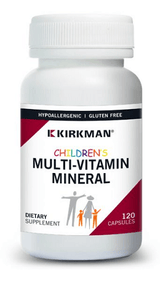
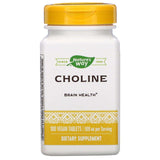
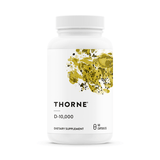
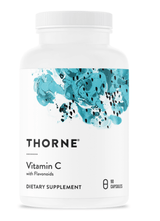

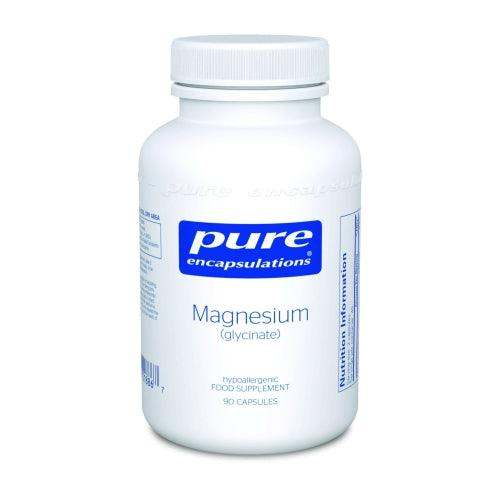




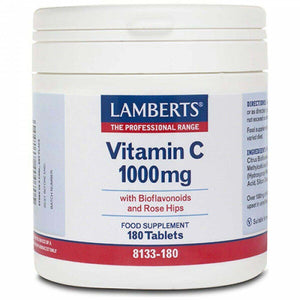





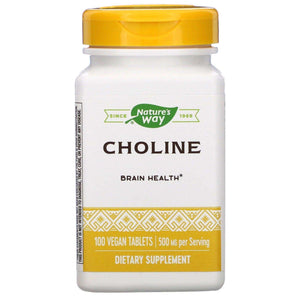
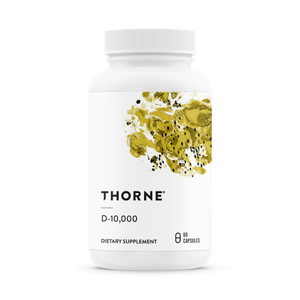
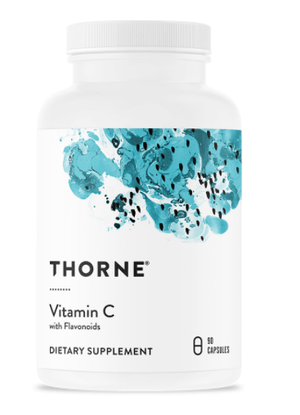



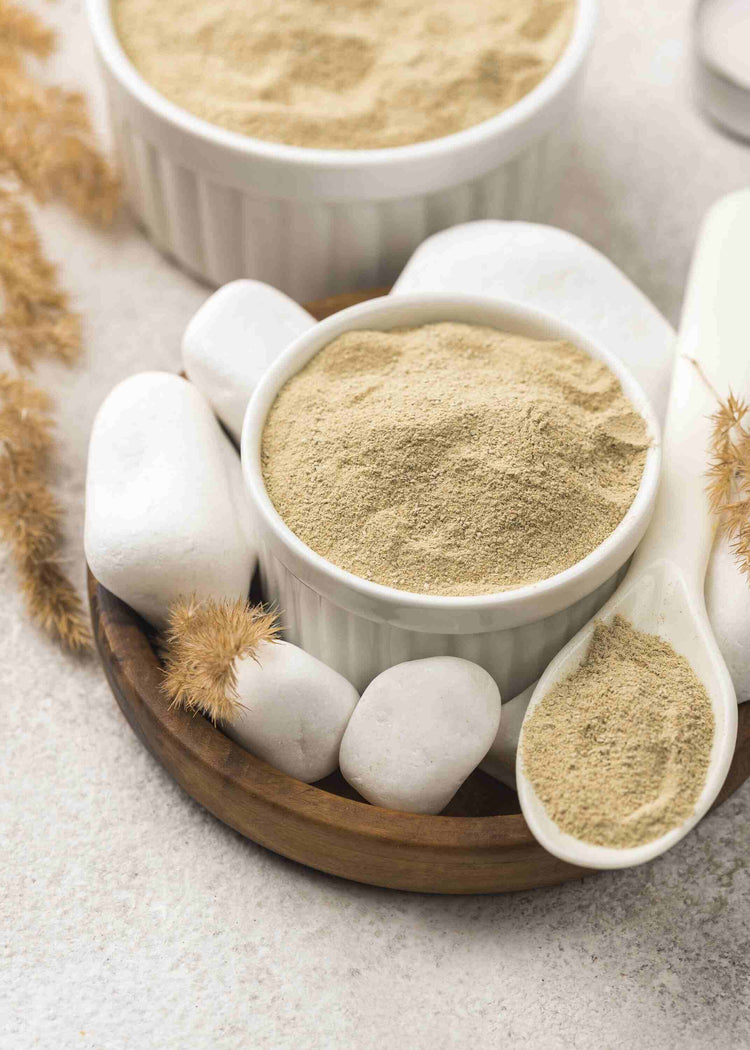




 Rated Excellent by 14,617+ Reviews
Rated Excellent by 14,617+ Reviews